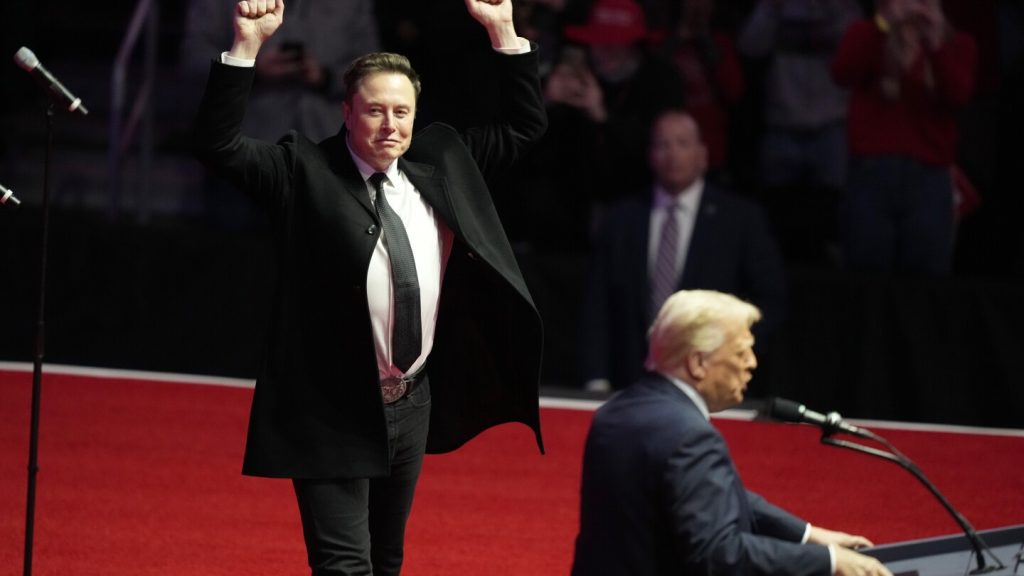The Intersection of Innovation and Regulation: Elon Musk, Tesla, and Federal Oversight
1. Musk’s Turbulent Relationship with Federal Agencies
Elon Musk, the visionary CEO of Tesla, has long been at odds with federal regulatory bodies, particularly regarding his company’s Autopilot and self-driving technologies. Tesla’s ambitious foray into autonomous driving has led to numerous investigations, especially concerning the safety and reliability of these systems. Musk’s frustration with federal oversight has been vocal, often expressing that such regulations stifle innovation. However, his relationship with former President Donald Trump has opened possibilities that these investigations might be alleviated, potentially clearing obstacles for Tesla’s technological advancements.
2. Federal Investigations and Their Implications
At the heart of the matter are several federal probes into Tesla, primarily focusing on the efficacy and safety of its Autopilot system. These investigations have been spearheaded by agencies like the National Highway Traffic Safety Administration (NHTSA), which has identified cases where Tesla’s technology may have contributed to accidents. Notably, there have been instances where Autopilot failed to navigate safely, leading to tragic consequences, such as the death of Naibel Benavides Leon. Her story underscores the human impact of these technological failures, raising questions about accountability and regulatory necessity.
3. Broader Implications for Musk’s Ventures
The potential easing of federal oversight not only affects Tesla but also Musk’s other ventures, including SpaceX and the social media platform X. These companies have significant interactions with federal agencies, ranging from contracts to regulatory compliance. While Tesla stands to gain the most from reduced scrutiny, the trickle-down effects on Musk’s empire could be substantial, influencing everything from space exploration to online discourse.
4. Personal Stories and the Human Toll
Beyond the corporate and political dynamics, there are personal stories of loss and resilience. The Benavides Leon family’s tragedy illustrates the real-world consequences of technological errors. Their experience with Tesla’s Autopilot system highlights the importance of robust oversight, as they and others like them seek justice and accountability. These stories humanize the debate, emphasizing that regulatory measures are not merely bureaucratic hurdles but safeguards against preventable harm.
5. NHTSA’s Crucial Role and Regulatory Changes
NHTSA has been instrumental in monitoring Tesla’s compliance with safety standards, pushing for recalls and improvements in Autopilot systems. However, under a potentially more lenient administration, the agency’s effectiveness could wane, leading to reduced accountability for Tesla. This shift might result in fewer mandatory recalls and less rigorous testing, raising concerns about public safety and the integrity of automotive innovation.
6. The Future of Automotive Safety Regulation
The interplay between innovation and regulation is crucial for the automotive industry’s progression. While Musk argues for reduced federal interference to accelerate advancements, safety advocates stress the need for oversight to protect consumers. The balance struck will influence not only Tesla’s trajectory but the entire autonomous vehicle sector. As the regulatory landscape evolves, the focus must remain on ensuring technological progress does not outpace safety, safeguarding both innovation and human lives.












